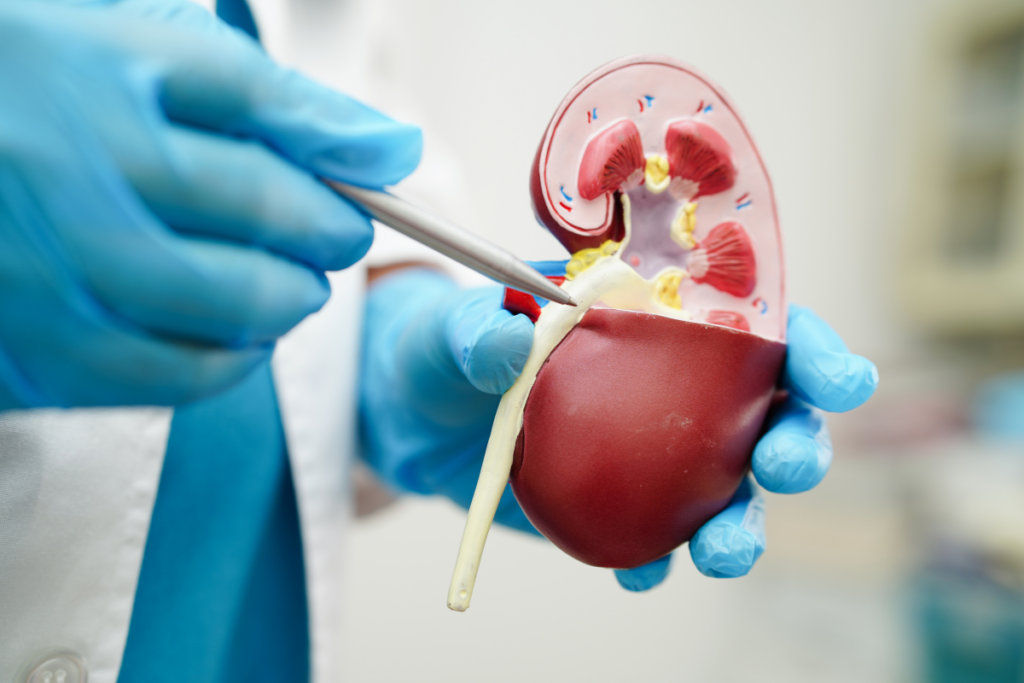Urological disorders include a broad range of ailments, such as kidney stones, bladder problems, and urinary tract infections (UTIs), and they can affect both men and women. Despite being widespread, urological disorders frequently go undiagnosed or untreated, which over time may cause problems. Some of the most prevalent urological conditions, their symptoms, and the most effective management techniques will all be covered in this article.
What is Urology?
Urology is the field of medicine that specialises in recognising and managing conditions affecting the male reproductive system and urinary tract. Urological disorders affect the kidneys, bladder, urethra, and, in men, the prostate and testes.
Common Urological Disorders:
1.Urinary Tract Infections (UTIs):
● UTIs are common in both men and women and can cause pain, frequent urination, and discomfort. They are typically treated with antibiotics.
2. Kidney Stones:
● Solid crystals that form in the kidneys can cause severe pain, especially during urination.
3. Benign Prostatic Hyperplasia (BPH):
● Men who have an enlarged prostate gland may experience poor urine flow, frequent urination, and trouble urinating.
4. Incontinence:
● Being unable to control urination can be caused by several things, such as old age or underlying medical issues.
Symptoms to Watch Out For:
● Painful urination or a burning sensation.
● Frequent urination, especially at night (nocturia).
● Blood in the urine (hematuria).
● Pelvic pain or lower abdominal pain.
● Weak urine stream or trouble starting or stopping urination.
Diagnosis and Treatment:
Urological disorders are diagnosed using a combination of physical exams, urine tests, ultrasounds, CT scans, and cystoscopy (inserting a camera into the bladder). Treatment options vary depending on the condition:
1. Medications:
Antibiotics for infections, alpha-blockers for BPH, and pain relievers for kidney stones.
2. Surgery:
For large kidney stones, prostate surgery for BPH, or bladder surgery for severe cases.
3. Lifestyle Changes:
Eat a balanced diet, drink lots of water, and do pelvic floor exercises to help with incontinence (leakage).
Prevention Tips:
● Drink plenty of water to flush out the urinary system.
● Avoid holding in urine for long periods.
● Practice good hygiene to prevent UTIs.
● Maintain general health by following a balanced diet along with regular exercise.
FAQs
What are the most common reasons for kidney stones?
Kidney stones can form due to dehydration, high salt intake, or certain medical conditions such as hypercalcemia.
How can I prevent UTIs?
Drink plenty of water, wipe from front to back, and urinate after intercourse to prevent UTIs.
What are the treatment options for incontinence?
Treatment may include medications, pelvic floor exercises, or surgery in severe cases.
Disclaimer:
This information is for educational purposes and should not replace professional medical advice. Always consult your healthcare provider for personalised recommendations.
How HealthPil Can Help:
At HealthPil, we connect you with experienced urologists who can effectively diagnose and treat your urological conditions. Schedule a consultation today!

